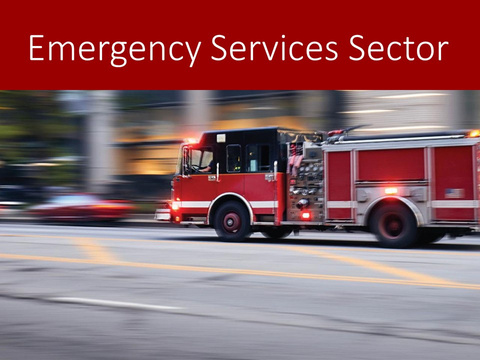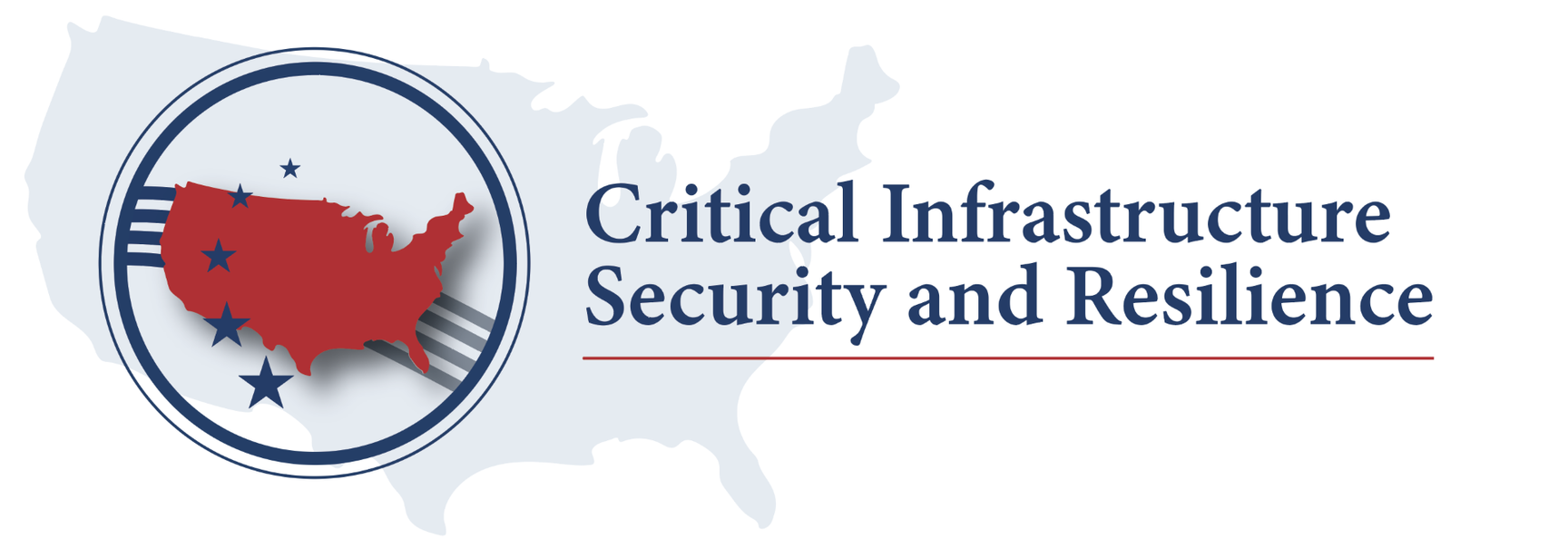
Welcome to Critical Infrastructure Security and Resilience (CISR) site, which is dedicated to promoting student research on salient topics in CISR at Eastern Kentucky University. This page provides student podcast recordings based on research conducted in undergraduate Homeland Security courses in 2023. Scroll down to access the podcast recordings.






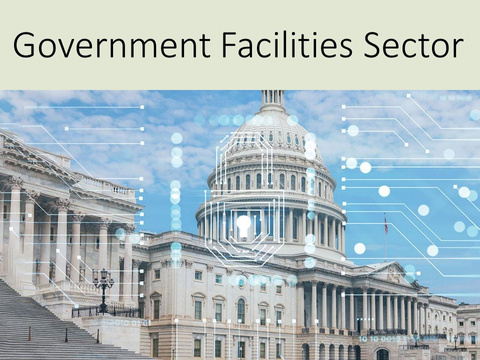





Hosts

MJ Anest
Graduate Assistant
Dept. of Safety and Security
Katie Eli
Graduate Assistant
Dept. of Safety and Security
Chad Foster
Associate Professor
Dept. of Safety and Security

Energy Systems Sectors
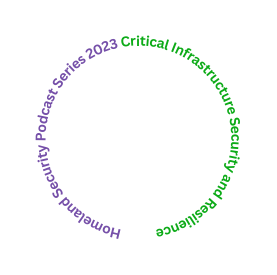
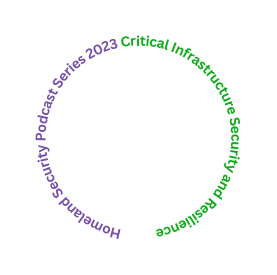
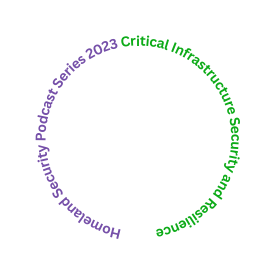
Formula One Net Zero Carbon Initiative Towards Global Efficiency and Sustainable Fuel
By: Lane Nevitt
Wasting Away: Lessons Learned from the 2008 Kinston, Tn., Coal Ash Spill
By: TJ Carter
The Blackout: Exploring Ways to Build a Smart Energy Grid
By: Tyler Sandmann
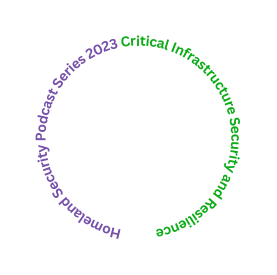
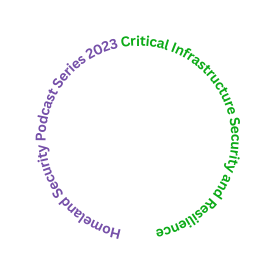
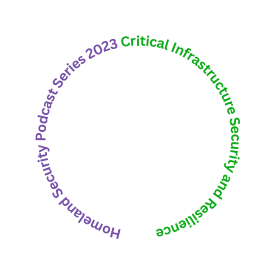
A New Horizon for Offshore Oil Rigs: Examining the Risks and Impacts of Oil Spills
By: Hunter Short
Protecting the Pipes: Assessing the Vulnerability and Resilience of Pipeline Systems
By: Jordan Watson
When the Lights Go Out! Assessing Vulnerabilities with Energy Distribution Systems in the United States
By: Zac Cockrell
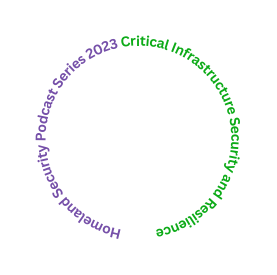
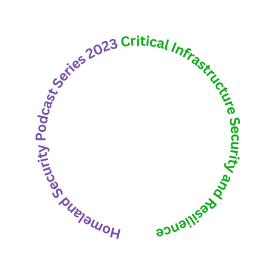
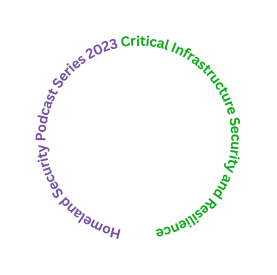
Preventing the Next Fire: Rebuilding Energy Transmission Infrastructure in the United States
By: Jordin Jones
Closing the Lid on Radioactive Materials in the Healthcare Sector
By: Meghan Allison
Precious Cargo: Securing the Transportation Routes of Nuclear Materials and Waste
By: Ethan Bradley

Health, Safety &Security Sectors
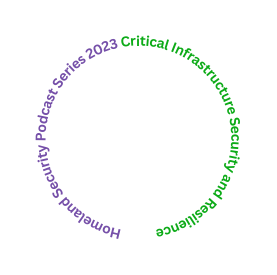
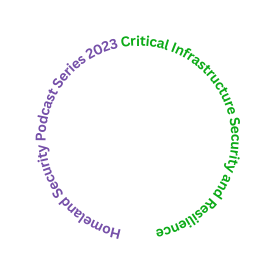
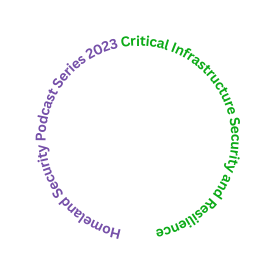
Posting the Hazards: Social Media's Impact on Emergency Response
By: Dean Byers
The Looming Devastation of Coastal Military Bases: The Impacts of Rising Sea Levels
By: Dennis Walsh
Opening the Door to Foreign Interests: Understanding the Impacts of Melting Ice
By: Maria Rudzik

Environmental Sectors
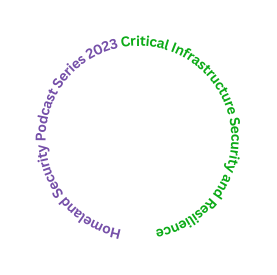
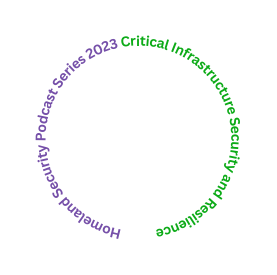
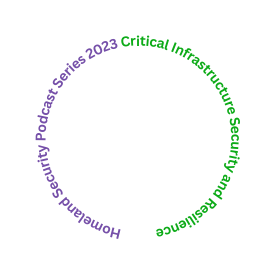
Lead in the Pipes: Contamination in the Water
By: Emma Sheets
The Hidden Threats of Flooding: Assessing the Health and Safety Risks of Water Contamination
By: Jillian Ordway
The Lost Lake of America? Assessing the Impact of Water Loss at Lake Powell
By: Kage Baker
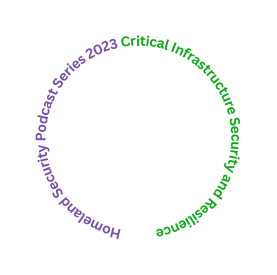
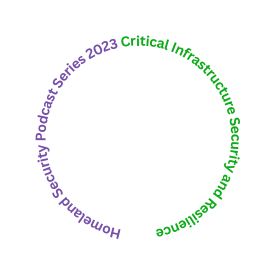
The Epidemic of Agriculture: Drought’s Impact on Food Production
By: Tanner McIntosh
The Fuel Behind the Fields: Examining Cyber Vulnerabilities within Irrigation and Fertilizer Systems
By: Ella Lowe

Facilities & Manufacturing Sectors
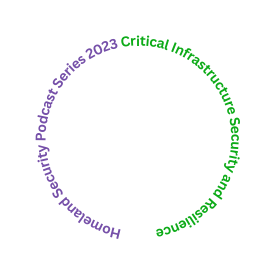
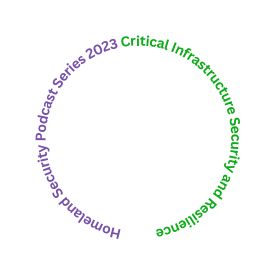
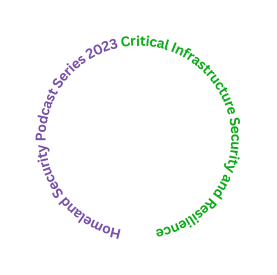
Partnering for Security: Safeguarding U.S. Embassies and Consulates
By: Gabriella Weiss
The Oklahoma City Bombing: A Case Study on the Protection of Federal Government Facilities
By: Alexander Seamans
Fun without Fear: Managing Risk at State Fairs
By: Elizabeth Ogorek
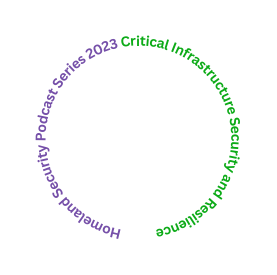
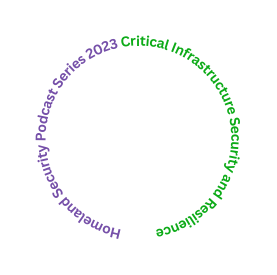
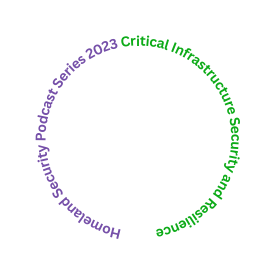
Big Box Stores: Addressing the Importance of Public-Private Partnerships in Hurricane Response
By: Madelynn Linet
The Magic of Transportation: How Disney World Tackles Internal Transportation
By: Emma Ryan
Protecting Government Facilities: Lessons Learned from the January 6th Riots
By: Deacon Thomas

Cyber & Financial Sectors
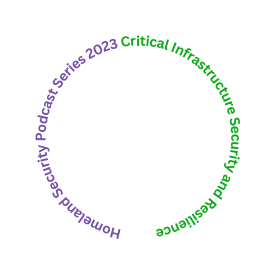
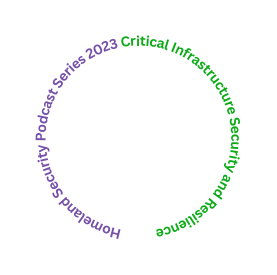
Blackout in Music City: A Case Study on the 2020 Bombing of the AT&T Tower
By: Kaleb Murphy
Preserving Patient Safety: A Case Study on Anthem Healthcare
By: Cam Ryan
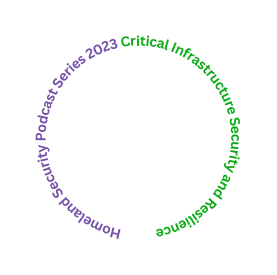

Transportation Systems
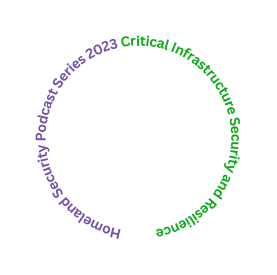
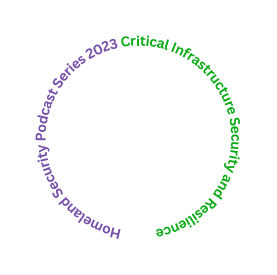
Avoiding Preventable Deaths: The Need for Preventative Maintenance in Railway Systems
By: Liam Snyder
Navigating Crises: Leveraging Maritime Assets in Coastal Water Response
By: Anthony Johns
Learning Lessons from Hurricane Sandy: Building Resiliency into Supply Chains
By: Cameron Williams
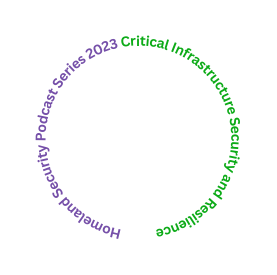
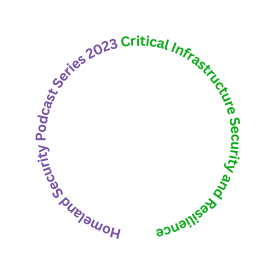
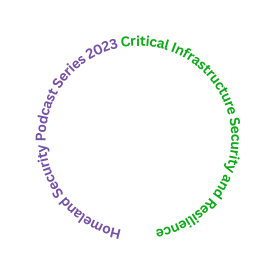
Unmanned Aerial Systems and Critical Infrastructure
By: Hunter West
Bridges and Unconventional Threats: A Case Study on the Brent Spence Bridge
By: Matthew Richardson
“Hey Siri, Find an Alternate Route”
By: Bekkah McMillin
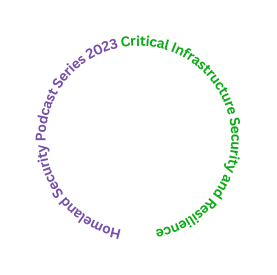
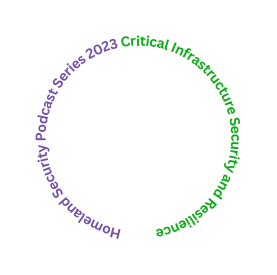
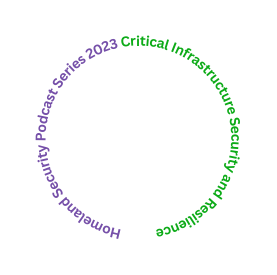
Lookout for Falling Objects: Assessing Highways in Mountainous Areas
By: Dalton Brown
When Cyberspace Turns Catastrophic
By: Shelby Denny
Tri-State Transit: Securing Passenger Rail Within the United States
By: Sam Weiss
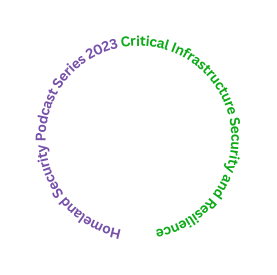
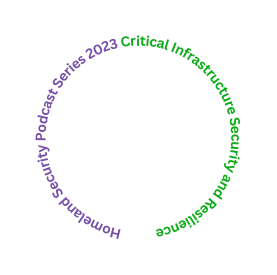
Grounding Flights: Examining the Cascading Impacts of Cyber Attacks on Air Travel
By: Carson Johnson
Fixing the Potholes: Exploring Aging Roadways in Rural Appalachia
By: Connor Fraley
The EKU Homeland Security program aims to prepare graduates seeking careers protecting life and assets as homeland security and emergency management practitioners, who will become critical and creative thinkers, effective communicators, and leaders in their professional communities.


